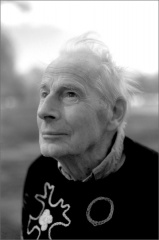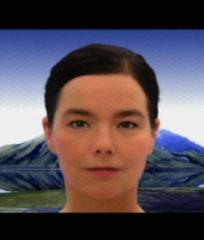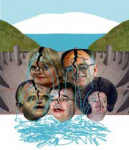Nov 17 2009
4 Comments
Development of Iceland’s Geothermal Energy Potential for Aluminium Production – A Critical Analysis
By Jaap Krater and Miriam Rose
In: Abrahamsky, K. (ed.) (2010) Sparking a World-wide Energy Revolution: Social Struggles in the Transition to a Post-Petrol World. AK Press, Edinburgh. p. 319-333
Iceland is developing its hydro and geothermal resources in the context of an energy master plan, mainly to provide power for expansion of the aluminium industry. This paper tests perceptions of geothermal energy as low-carbon, renewable and environmentally benign, using Icelandic geothermal industry as a case study.
The application of geothermal energy for aluminium smelting is discussed as well as environmental and human rights record of the aluminium industry in general. Despite application of renewable energy technologies, emission of greenhouse gases by aluminium production is set to increase.
Our analysis further shows that carbon emissions of geothermal installations can approximate those of gas-powered plants. In intensely exploited reservoirs, life of boreholes is limited and reservoirs need extensive recovery time after exploitation, making geothermal exploitation at these sites not renewable in the short to medium term. Pollution and landscape impacts are extensive when geothermal technology is applied on a large scale.
Krater and Rose – Development of Iceland’s Geothermal Energy – Download as PDF
The full publication will be available from Jan. 15, 2010. ISBN 9781849350051.


